The American Frontier Lives on Through the Western
Guest blogger Jae Duckhorn
Books and audio performances of stories of the Old West and the American frontier make my heart yell “Bravo!”
One of my favorite authors, L. Ron Hubbard, wrote twenty-eight short stories and three novels about frontier life and taming the West. I get itchy to grab one right now and dive back in, but I should finish sharing this with you first.
This author could always see the light side of any situation, even the life-and-death level of adventures inevitable in life on America’s western frontier. He covers everything from a comically misunderstood wink to an elaborate set-up to fool a nasty gang of horse thieves or cattle rustlers.
Keep your grin handy when you pick up one of L. Ron Hubbard’s Westerns or historical fiction novels of the frontier.
Cowboy Words
Now here’s a twist I’d guess you rarely encounter: authentic cowboy sayings and terminology.
I have found that L. Ron Hubbard’s works are authentic in every detail, scientific, psychological, geographical, and cultural. The “twist” is that the frontier and Old West vocabulary and slang have been all but lost.
Cowboy words like “rannies” or “ranahans” meant “cowboys.” Did you know that? And a “buscadero” for the broad belt that holstered two guns, and “batwings” were the long, leather leggings that cowboys wore for protection, and “road agents” were stagecoach robbers.
Because L. Ron Hubbard was true to the era, he used cowboy slang and western terms. There are glossaries in the back of the books and on the website so that a reader’s vocabulary builds quickly—a very agreeable form of education. I had fun while getting a new, broader command of that period in our American West.
The Adventure of Taming the West
While Westerns are a distinct genre, they are in the main adventure stories.
The word “adventure” is derived from a Latin word meaning “about to happen,” and the definitions of the term evolved to this:
- An adventure is a daring and exciting activity calling for enterprise and enthusiasm.
- An unusual and exciting, typically hazardous, experience or activity.
Thus adventure tales are supposed to be unusual, exciting, and typically dangerous.
L. Ron Hubbard, an engineer by education and a natural historian by a lifetime of curiosity, didn’t construct shaky stories. His adventures are solid, relying on historical facts, and they are always gripping fiction.
For example, one of my favorites stories is Buckskin Brigades. L. Ron Hubbard took the historically recorded adventures of the Lewis and Clark expedition and wove them into his intimate knowledge of the Blackfoot Indian tribe to tell a fascinating story of the fur traders of the 1800s and the Native Americans victimized by them. You will be enraged at the injustice and yet still find some of the trademark humor. This book raised readers’ consciousness when stories were still vilifying the Native Americans, way ahead of its time.
For millions of readers, the Old West is a fabulous source of education and entertainment and is easily accessed through such stories as these.
The giants in this field, such as Louis L’Amour, Larry McMurtry, Ralph Compton, and L. Ron Hubbard, are “top notch” for very good reason: they always fulfill our expectations with well-researched history and high adventure. They draw their readers in year after year and decade after decade and always satisfy.
These are timeless stories that teach us, delight us, and play with our heartstrings.

Of all our great writers of the West, L. Ron Hubbard is undoubtedly one of the most prolific across many genres. You may have heard of him as a writer of science fiction/fantasy, as a philosopher or an engineer, as a world traveler/explorer, a sea captain, and accomplished aviator—it is all true. And that range of experience is evident in the millions of published words found both under his own name and under several pen names.
His stories include themes of espionage, war, exploration, air flight around the planet, romance, and psychological thrillers—all with gritty history drawn from true stories and real people. So, when he settled into the world of the Old West or the American frontier and its pioneers, his readers expected brilliant plotting, beautiful prose, and satisfying storytelling. And they got it.
Now, don’t think of L. Ron Hubbard as a dabbler in everything and master of none. Nothing could be further from the truth. For instance, he was a child of the West, raised in the Big Sky Country of Montana. He rode horses from the tender age of 3, was an always-inquisitive friend of ranch hands and ranchers alike, and eventually became a blood brother to an honored Blackfoot medicine man and his tribe.
When he writes of the West you can feel his intimate connection with it.
As an author, he immerses you in the story. You’ll taste the dust, feel the tension, suffer the privations, grapple with the grueling work of a cattle drive and breaking in a horse. You’ll feel your heart race in a stagecoach run or any other action woven into the story.
You’ll travel along rivers and trails, up rock faces, down cliffs. You’ll ride on the plains, walk in the deserts, trek through every kind of weather and knotty situation to a culmination that will satisfy you.
Do the stories have to have a good ending? A happy ending? It just so happens that they do. By this, I mean: why tell a story if everything goes wrong in the end? Then the whole story has not been worth the telling. Don’t we wait to have something to admire at the end of a story? In the world of the theater, we have such jewels of tragedy as “Hamlet” or “Romeo and Juliet.” But neither of these would survive in short story format, I promise.
Let the storyteller take you along the path and see for yourself. I can also promise that where history demands that a grim truth be told, L. Ron Hubbard never backs off. He effectively weaves straightforward facts into and among the creations of his rich imagination for the reader’s enjoyment and, sometimes, education.
Golden Age of Fiction
This “Golden Age” of fiction refers to the 1920s, ’30s, ’40s, and into the early 1950s. The magazine stories called “pulp fiction,” were popular or sensational stories often printed on rough pulpwood paper with very strongly drawn and colorful covers. The key word here is “popular,” as the sales of these writings fueled a boom in reading, writing, and publishing right through the depression. L. Ron Hubbard was a star contributor.
The Golden Age fiction was expected to have attention-grabbing stories with titles that fairly screamed: “read me.” L. Ron Hubbard wrote western tales for the pulp magazines that were reprinted over the last decade into beautiful books and recorded in cinematic-style audiobooks (reminiscent of Old Time Radio drama, but in high-definiton). Here are a few of my favorites:
The Ghost Town Gun-Ghost
Six-Gun Caballero
The No-Gun Gunman
The Magic Quirt
The Toughest Ranger
Devil’s Manhunt
Buckskin Brigades
They will capture your heart with the page-turning drama of human goals and frustrations, flirtations and triumphs, betrayals and inhumanities, losses and wins. There are many stories of the era when we tamed the West: gold mining, range wars, rustling, cavalry escapades, exploits of Indians (good and bad), buffalo hunting, survival challenges in harsh settings, herders of sheep versus the cattlemen, outlaws and gunslingers, gambling, victimizing the citizenry, the reality of a desert ride, a gunshot wound, an untamed horse, hunger, a tender love, unexpected luck, the sweat, the grit, and the sometimes brief lifeline of a bad man or a hero. This is realistic fiction that brings the Old West to life.
Cowboys, Cowgirls, and Colorful Tales of the Old West
For me, finishing an L. Ron Hubbard story always leaves me with a gang of new friends. It is through the literature of the Old West that these traditions live on.
Here are just a few examples of my favorite stories:
The Ghost Town Gun-Ghost
L. Ron Hubbard sometimes painted tough characters only to reveal a heart of gold or courage born of love for his fellow man. The value of a seemingly innocuous person who might even be characterized as a fool by some. The story “The Ghost Town Gun-Ghost” takes us into the world of a character who looks, initially, like a doddering oldster, a cowboy on the run who is unjudgmental, and the relationship between the two men. Bad guys enter the tale and the ultimate showdown is a delight, full of dynamite, fancy shoot-out logistics, and the power of friendship to conquer some heavy odds. You can download this story for free.
Six-Gun Caballero
Six-Gun Caballero dares to present an Irish-born Mexican gentleman as the story’s hero. Realize, this is a genre that generally told of Mexican men only as ignorant “greasers” and outlaws operating in rampaging gangs. Our hero, Michael Patrick Obañon (O’Bannon), speaks a cultured level of English with a Spanish accent. His prejudiced attackers mark him as a stupid man.
This was during the Gadsden Purchase, when Mexican land was being ceded to the United States in the wake of the Mexican-American war.
The unscrupulous land-grabbing criminals who jumped into the game of claiming hundreds and thousands of acres of this storied land—its ranches, villages, and livestock—must now be outmaneuvered. This gang of vicious thieves would destroy the rancho that is legally his and turn out hundreds of loyal, skilled, and hard-working individuals who have long belonged to this land. That many true stories authenticate this tale, makes it that much richer to read. This is another take on the early prejudices and injustices.
The No-Gun Gunman
In The No-Gun Gunman, we meet another sort of character. A born Westerner who has spent several years back East as a young adult and entirely lost touch with his homeland. Through this man’s eyes, we see how vastly different the East Coast was from the Western Frontier. The story demonstrates how strongly the Wild West can shape a man: true grit, adventure, near catastrophe, mind-searing decision-making, drama—it’s all there.
The Magic Quirt
The Magic Quirt flirts with fantasy and the magical effects of the old Aztecs. This is a highly entertaining tale surrounding the unexpected exploits of an old trailhand. There was a great deal of superstition during this time which the story captures. You’ll experience the danger of a stagecoach out of control, eating with the “rannies” from the “chuck wagon,” gambling as a part of life, and the power of what one “believes.” What fun.
The Toughest Ranger
Of course, the Arizona Rangers must show up from time to time. Cavalry troops, too. Authentic participants in the taming of the West, their roles were often highly significant. In L. Ron Hubbard’s story, The Toughest Ranger, the almost unbelievable account of the level of grit and purpose the Old West could demand of a lawman. This story is a character study that builds growing respect for the men who held the line for civilizing the West and for their sacrifices. It is also a coming of age story. I loved it.
Devil’s Manhunt
The television series “Survivor” could learn some gritty things about survival through these stories. Devil’s Manhunt delineates the horrors of a lone man trapped in an isolated goldmine surrounded by miles of desert. He is held captive by two killers whose idea of fun is the slow torture of his mind and body and their enrichment by his labor. When there is finally an opportunity to “escape,” it’s only a set up for a hunting party with the youngster as the prey. With no food or weapons and exhausted, the young protagonist must turn his luck and the fortunes of the bloodthirsty men hounding him. The main villain was likely an inspiration for Ben Wade in “3:10 to Yuma,” who led the band of outlaws—scary! A very different take on the Gold Rush.
Buckskin Brigades
Buckskin Brigades is the first book of historical fiction to take the side of the Indians, the Blackfeet Indians, and showing the rapacious nature of the fur trade. If you ever wanted to know more about the talents, skills, training, and outlook of the Native Americans in the Old West and frontier times, this is a must-read. “Mr. Hubbard has reversed a time-honored formula and has given a thriller to which, at the end of every chapter or so, another paleface bites the dust. An enthusiasm, even a freshness and sparkle, decidedly rare in this type of romance.” —New York Times
Battlefield Earth
The funny thing is that L. Ron Hubbard’s Battlefield Earth, a triumphant sci-fi space opera novel, is my favorite book. When I took a second look at it, I had to laugh: the story is set in a future Colorado when Earth’s society has been conquered by an alien race. The Earth culture has been retarded to conditions of the Old West. So, he has melded the two genres, sci-fi and Old West fiction! There is even a genre for it now called the science fiction western! Again, L. Ron Hubbard was ahead of his time. It is no wonder this one of my favorites.
Outlaws and the Bad Men of the Old West Vs. the Heroes
In modern crime fiction, the elements of honor, respect, ethical standards, and morality in the “hero” characters are often wanting.
In the popular style of the Golden Age Westerns and tales of the frontier, however, a story was only worth telling to reaffirm values or to entertain. A reader was expected to object to the evil having the win, the prize, or the last say.
In this way, these stories reinforce a common sense of morality and never disappoint along these lines. The bad guys have temporary success with hijacking stagecoaches, robbing banks, rustling cattle, poisoning water holes, jumping other people’s claims, stealing guns, dynamite, payroll money, and all the other criminal acts throughout the history of the West. These things are often pivotal to the tale.
At the same time, the protagonist persists past defeats and setbacks until, in the end, good wins over evil and the evildoers’ faults are exploited to their undoing.
I’m sure you’ll have loads of fun with these Golden Age stories of the Old West and the American frontier. Be prepared for enlightenment, encouragement, novelty, and inspiration while being riveted in each page-turning adventure.
Many Happy Trails
The old cowboy saying, “Happy trails,” is an expression of good wishes for the future and good luck.
Happy trails!
Jae Duckhorn
 Judith Duckhorn, known to her friends as Jae, is a self-described “grown-up army brat,” since her father, a career officer in the army through WW II, Korea, and the Cold War, took his little family everywhere he was assigned, on three continents. She had the opportunity to study one year at Oxford University in putting together a BA degree in literature, philosophy, and music. Later, she turned most of that education into teaching skills and fell in love with that profession. Nowadays, Jae has advanced happily up the scale of Toastmasters training, as a public speaker, and also is readying to teach Tai chi. L. Ron Hubbard’s books came to her attention many years ago, and remain a central fascination in her world. “I always learn so much from reading Ron,” she says, “What a storyteller, what an author!”
Judith Duckhorn, known to her friends as Jae, is a self-described “grown-up army brat,” since her father, a career officer in the army through WW II, Korea, and the Cold War, took his little family everywhere he was assigned, on three continents. She had the opportunity to study one year at Oxford University in putting together a BA degree in literature, philosophy, and music. Later, she turned most of that education into teaching skills and fell in love with that profession. Nowadays, Jae has advanced happily up the scale of Toastmasters training, as a public speaker, and also is readying to teach Tai chi. L. Ron Hubbard’s books came to her attention many years ago, and remain a central fascination in her world. “I always learn so much from reading Ron,” she says, “What a storyteller, what an author!”
Other articles and resources you may be interested in:

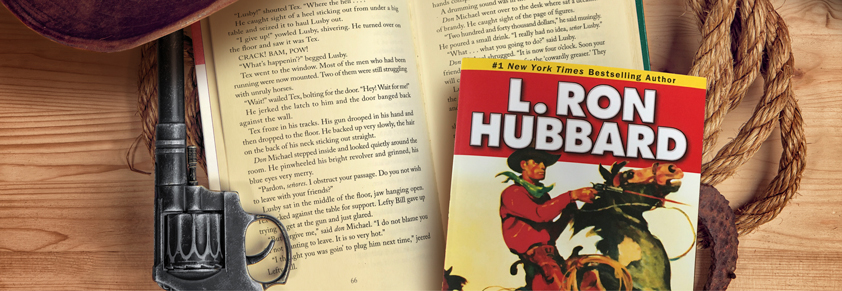



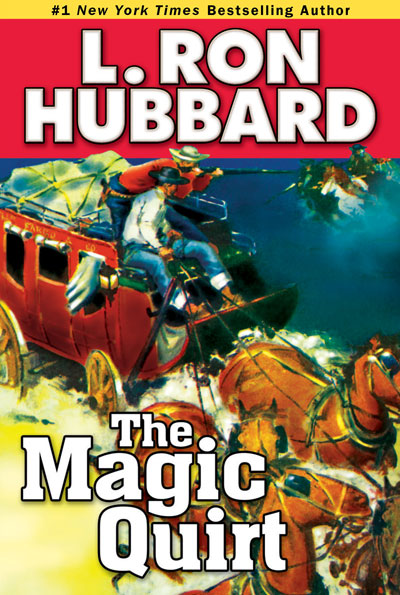
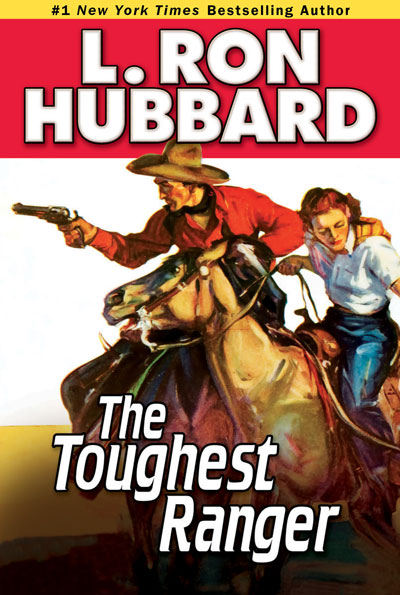
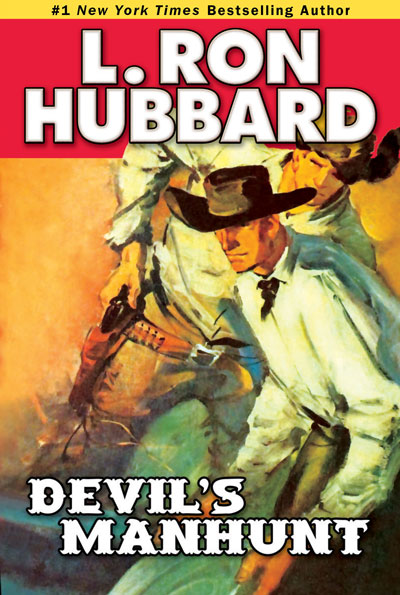
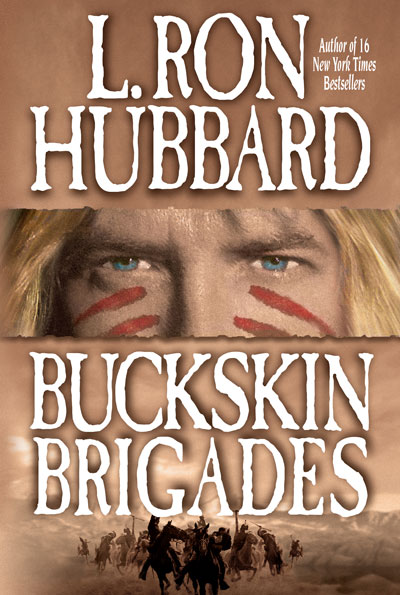
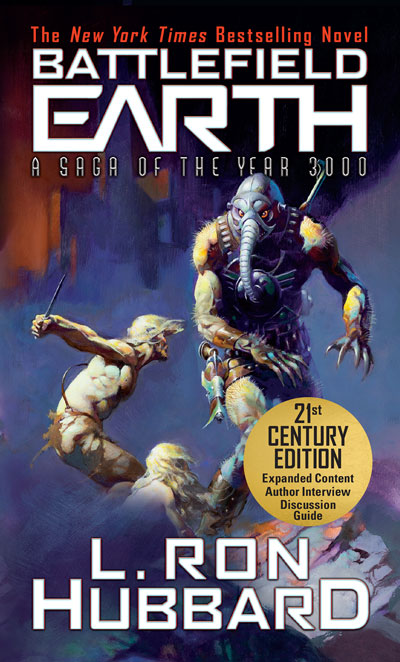
Leave a Reply
Want to join the discussion?Feel free to contribute!